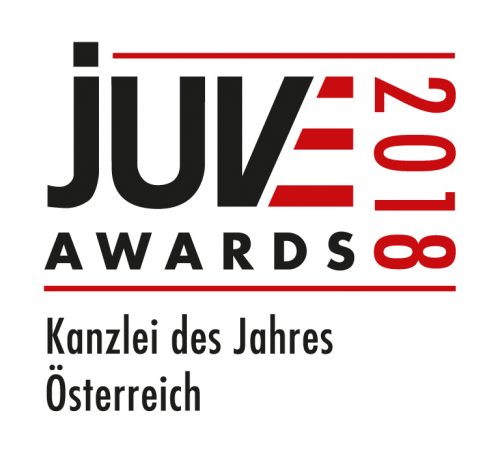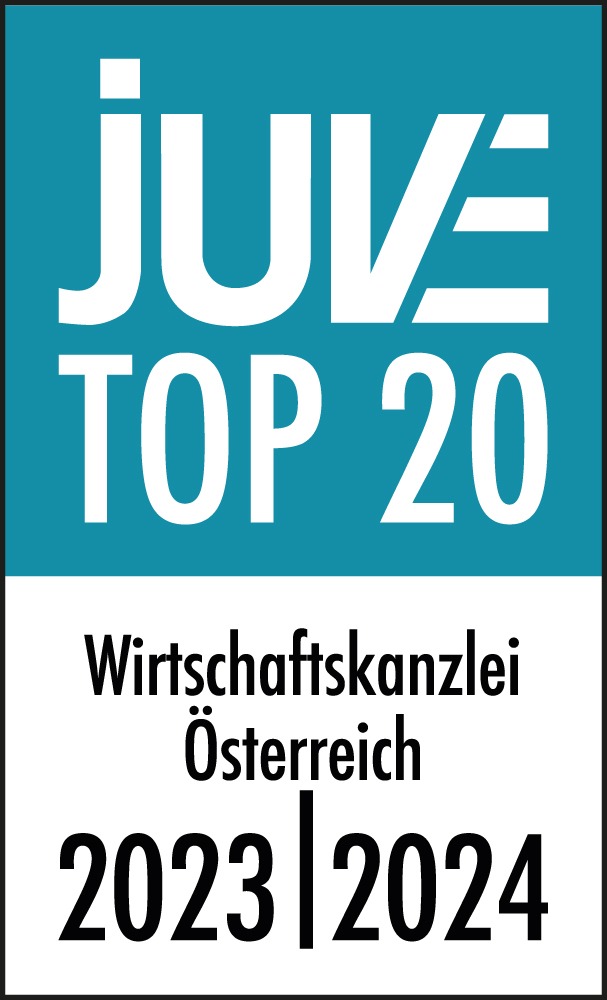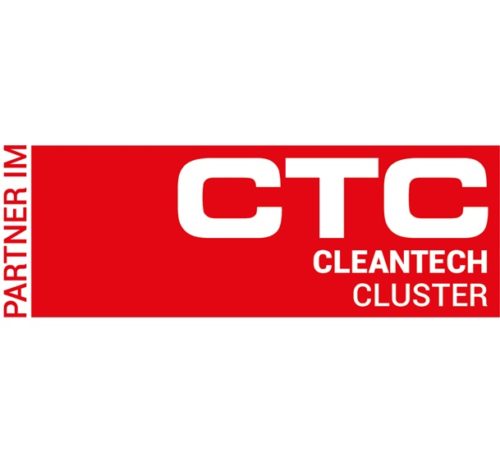Whistleblowing reporting systems
We help with implementation and processing!

On September 1st, 2021, the amendment to the Upper Austrian Building Regulations comes into force with a total of 129 changes. Mario Laimgruber has dealt extensively with the advantages and drawbacks of the amendment. The OÖNachrichten also took up his input and dedicated an article to the topic on August 21st.
Below you will find a detailed overview of the amendment:
The Upper Austrian Building Regulations Amendment 2021 contains numerous deregulation measures. In addition to the introduction of the first simplifications towards a “digital building file”, simplifications of permits and the expansion of the catalog of building projects that do not require a permit or notification (e.g. with regard to garden huts, swimming pools and protective roofs such as carports) are planned.
In practice, it is often overlooked that structures which are not subject to approval or notification by the building authorities also have to comply with the applicable provisions of building and spatial planning law, and that, for example, distance and fire protection provisions have to be observed. If the general building regulations are not taken into account, the initiation of proceedings by the building authorities (e.g. to restore the building to its legal condition) impends and, irrespective of this, fines of up to EUR 36,000 may be imposed for each administrative violation.
In practice, it regularly happens that an application for a building permit is submitted already during an ongoing re-zoning procedure or a procedure for issuing or amending a land-use plan, which is intended to (first) create the spatial planning requirements for the admissibility of the building project. According to the previous legal situation, such an application would have had to be rejected by the building authority already in the preliminary examination procedure because of inconsistence with the zoning ordinance or with a possible development plan – in fact, nothing often happened until the re-zoning was completed.
The Upper Austrian Building Regulations Amendment 2021 promises to accelerate those cases in which the relevant spatial planning principles are not yet legally effective, but are already foreseeable (e.g. if a procedure for changing a zoning plan is already pending and it is expected that the re-zoning will also be completed). However, this promise is only partially fulfilled:
As a result, after the amendment comes into force, it will only be possible to hold a construction negotiation more quickly. As before, the building permit may only be issued if the proper zoning is legally valid. If one really wants to accelerate the process in these constellations, the parameters of the re-zoning procedure would have to be changed.
An important factor in the fight against climate change is the expansion of e-mobility. In this regard, the exemption from approval and notification for charging stations for electric vehicles implemented by the Upper Austrian Building Regulations Amendment 2021 is to be positively highlighted. This is also connected to the newly introduced regulation, according to which it is now possible to revoke or amend outdated requirements and conditions in building permits. For example, a ban on electric charging stations in underground garages in an old building permit can be revoked if this is no longer justified due to technological progress. The legislator has done everything right here.
The Upper Austrian Building Regulations Amendment 2021 essentially pursues the goal of deregulation in major parts. For example, the implemented extended freedom of notification (e.g. for smaller garden sheds, protective covers and swimming pools) can avoid unnecessary procedures and thus reduce the administrative burden.
Certainly, administrative burden is also reduced if existing dual responsibilities are eliminated. For structural facilities, the Upper Austrian Building Regulations Amendment 2021 stipulates that events only have to be approved in accordance with event safety law (and not, as was previously the case, also in accordance with building law).
However, it is completely incomprehensible and cannot be reconciled with the deregulation efforts that – despite the current amendment – the existing dual responsibility in the area of power line systems is retained:
In Upper Austria, there is a comprehensive authorization process for electrical power line systems in accordance with the state’s heavy current law. According to judicature, for example, the life or health of people is also taken into account as a legally protected good in addition to the public interest.
Nevertheless, there is an additional permit requirement under building law for those parts of the power line systems that could be viewed as buildings under building law. This duplication could easily have been cleared up with the current amendment (as has also happened with regard to event safety law). Unfortunately, this opportunity was missed.
If new residential buildings are to be built next to existing businesses, disputes are inevitable. In order to prevent such disputes from arising in the first place or from getting out of hand, businesses (including those in agriculture and forestry) have the opportunity to raise objections to new residential buildings moving closer in the respective building procedures.
This possibility was expanded with the Upper Austrian Building Regulations Amendment 2021. Objections can now be raised in all cases in which the neighboring building is used (even if only partially) for residential purposes. In addition, it was clarified that the zone of those who can object here – in contrast to the 10 meters standardized for standard building procedures – is 50 meters. Nevertheless, the tension between business and residential use remains an ongoing issue.
In practice, there are often cases in which deviations from the consensus of the building authorities are only discovered after decades. If, in addition, the provisions applicable under current law cannot be complied with, one was previously faced with a massive problem: the building authority (basically the mayor) had to issue a removal order affecting the entire building. The Upper Austrian Building Regulations Amendment 2021 introduces a regulation to cushion such hardship cases.
Now there is a possibility for remediation of non-consensual deviations under building law. The prerequisite for this is that at least at some point a building permit was granted or that this can at least be assumed and that the deviation has existed for at least 40 years.
In any case, this regulation is in the interest of legal certainty. In addition, the new regulation also defuses the situation for mayors. If a mayor remained inactive in the aforementioned circumstances, he or she could be accused of potential abuse of office.
The procedure for obtaining legal certainty is carried out in such a way that an affected party applies for a declaratory judgement and demonstrates that the stated requirements are met. If these cannot be clearly proven – e.g. due to the long period of time – it is sufficient if the existence of the prerequisites is at least made credible. In legal terms, this means that (only) proof of probability has to be provided. Due to the complex rules of evidence and not least because neighbors also have party status in the aforementioned proceedings, this should definitely only be carried out with appropriate legal representation.
If you have any further questions on this topic, please do not hesitate to contact our expert Mario Laimgruber from the Real Estate and Construction Law team by telephone or at akut@hnp.at.
This article is for general information only and does not replace legal advice. Haslinger / Nagele Rechtsanwälte GmbH assumes no liability for the content and correctness of this article.
24. August 2021






